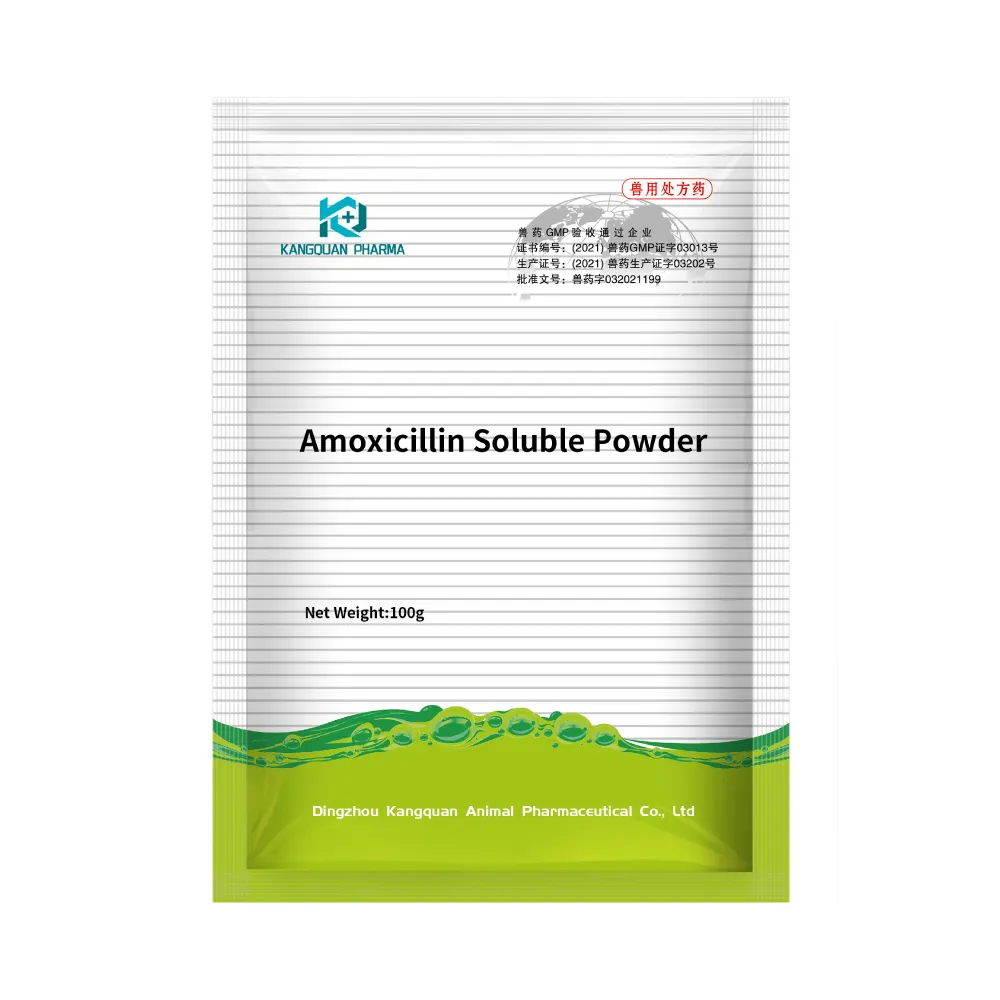- Afrikaans
- Albanian
- Amharic
- Arabic
- Armenian
- Azerbaijani
- Basque
- Belarusian
- Bengali
- Bosnian
- Bulgarian
- Catalan
- Cebuano
- Corsican
- Croatian
- Czech
- Danish
- Dutch
- English
- Esperanto
- Estonian
- Finnish
- French
- Frisian
- Galician
- Georgian
- German
- Greek
- Gujarati
- Haitian Creole
- hausa
- hawaiian
- Hebrew
- Hindi
- Miao
- Hungarian
- Icelandic
- igbo
- Indonesian
- irish
- Italian
- Japanese
- Javanese
- Kannada
- kazakh
- Khmer
- Rwandese
- Korean
- Kurdish
- Kyrgyz
- Lao
- Latin
- Latvian
- Lithuanian
- Luxembourgish
- Macedonian
- Malgashi
- Malay
- Malayalam
- Maltese
- Maori
- Marathi
- Mongolian
- Myanmar
- Nepali
- Norwegian
- Norwegian
- Occitan
- Pashto
- Persian
- Polish
- Portuguese
- Punjabi
- Romanian
- Russian
- Samoan
- Scottish Gaelic
- Serbian
- Sesotho
- Shona
- Sindhi
- Sinhala
- Slovak
- Slovenian
- Somali
- Spanish
- Sundanese
- Swahili
- Swedish
- Tagalog
- Tajik
- Tamil
- Tatar
- Telugu
- Thai
- Turkish
- Turkmen
- Ukrainian
- Urdu
- Uighur
- Uzbek
- Vietnamese
- Welsh
- Bantu
- Yiddish
- Yoruba
- Zulu
Dec . 20, 2024 07:17 Back to list
Effective Solutions for Cat Litter Disinfection and Odor Control in Your Home
Understanding Cat Litter Disinfectants Importance, Types, and Effective Use
As a cat owner, maintaining a clean and healthy environment for your feline friend is paramount. Central to this responsibility is the management of cat litter, which can accumulate waste and bacteria, leading to unpleasant odors and potential health risks for both pets and humans. This is where cat litter disinfectants come into play. In this article, we will explore the importance of using disinfectants for cat litter, the different types available, and best practices for effective use.
The Importance of Cat Litter Disinfectants
A clean litter box is vital for your cat's health and happiness. Cats are naturally clean animals and often refuse to use a dirty litter box. This can lead to inappropriate elimination behaviors, which can become a significant problem for pet owners. Regularly disinfecting the litter box not only keeps it odor-free but also helps prevent the growth of harmful bacteria and parasites that can thrive in soiled litter.
Moreover, the use of disinfectants helps to create a healthier living environment for humans. Cat litter can harbor bacteria like E. coli, molds, and other pathogens that can affect human health, especially in households with small children or immunocompromised individuals. By employing disinfectants specifically designed for cat litter, pet owners can reduce the risk of these health hazards.
Types of Cat Litter Disinfectants
There are various types of disinfectants available for cat litter, each with its own unique formulation and benefits. Here are some common types
1. Enzymatic Disinfectants These products use natural enzymes and bacteria to break down organic waste, neutralizing odors rather than just masking them. They are safe for pets and environmentally friendly, making them an excellent choice for conscientious cat owners.
2. Chemical Disinfectants These include products that contain bleach, quaternary ammonium compounds, or other potent chemicals. While they can be highly effective at killing bacteria and viruses, they may pose risks if not used carefully. It is crucial to ensure that any chemical disinfectant is safe for pets and to follow the manufacturer's instructions strictly.
3. Natural Disinfectants Some cat owners prefer using natural solutions, such as vinegar, baking soda, or essential oils. While these may not be as potent as commercial products, they can be effective for regular cleaning and deodorizing.
cat litter disinfectant

4. Pre-mixed Cat Litter Some brands offer cat litter that is pre-treated with disinfecting agents. This innovative approach allows for convenient use without the need for separate products, although it's essential to ensure that the chemicals used are safe for your pet.
Best Practices for Using Cat Litter Disinfectants
To ensure you are effectively disinfecting your cat litter box, follow these best practices
1. Regular Cleaning Scoop the litter box daily to remove waste. A thorough cleaning should be done weekly, where you remove all old litter and clean the box itself.
2. Dilution and Application If using a chemical disinfectant, dilute it as instructed on the label. Apply the solution to the box and allow it to sit for a few minutes to effectively kill germs before rinsing it out.
3. Rinse Thoroughly After disinfecting, it’s essential to rinse out the box completely to avoid leaving any residue that could harm your cat.
4. Ventilate Ensure the area is well-ventilated during and after cleaning to help dissipate any lingering chemical odors.
5. Monitor Cat Behavior After changing to a new disinfectant, keep an eye on your cat to ensure they are comfortable with the litter box and not avoiding it due to unfamiliar scents.
Conclusion
Disinfecting your cat's litter box is crucial for maintaining a clean and healthy environment for both your feline friend and your family. By understanding the types of disinfectants available and following best practices for their use, you can effectively manage odor and bacteria build-up. Choosing the right disinfectant, whether enzymatic, chemical, natural, or a pre-mixed solution, should align with your cat's needs and your personal preferences. Ultimately, a clean litter box will contribute to your cat's overall well-being and happiness.
-
Guide to Oxytetracycline Injection
NewsMar.27,2025
-
Guide to Colistin Sulphate
NewsMar.27,2025
-
Gentamicin Sulfate: Uses, Price, And Key Information
NewsMar.27,2025
-
Enrofloxacin Injection: Uses, Price, And Supplier Information
NewsMar.27,2025
-
Dexamethasone Sodium Phosphate Injection: Uses, Price, And Key Information
NewsMar.27,2025
-
Albendazole Tablet: Uses, Dosage, Cost, And Key Information
NewsMar.27,2025













